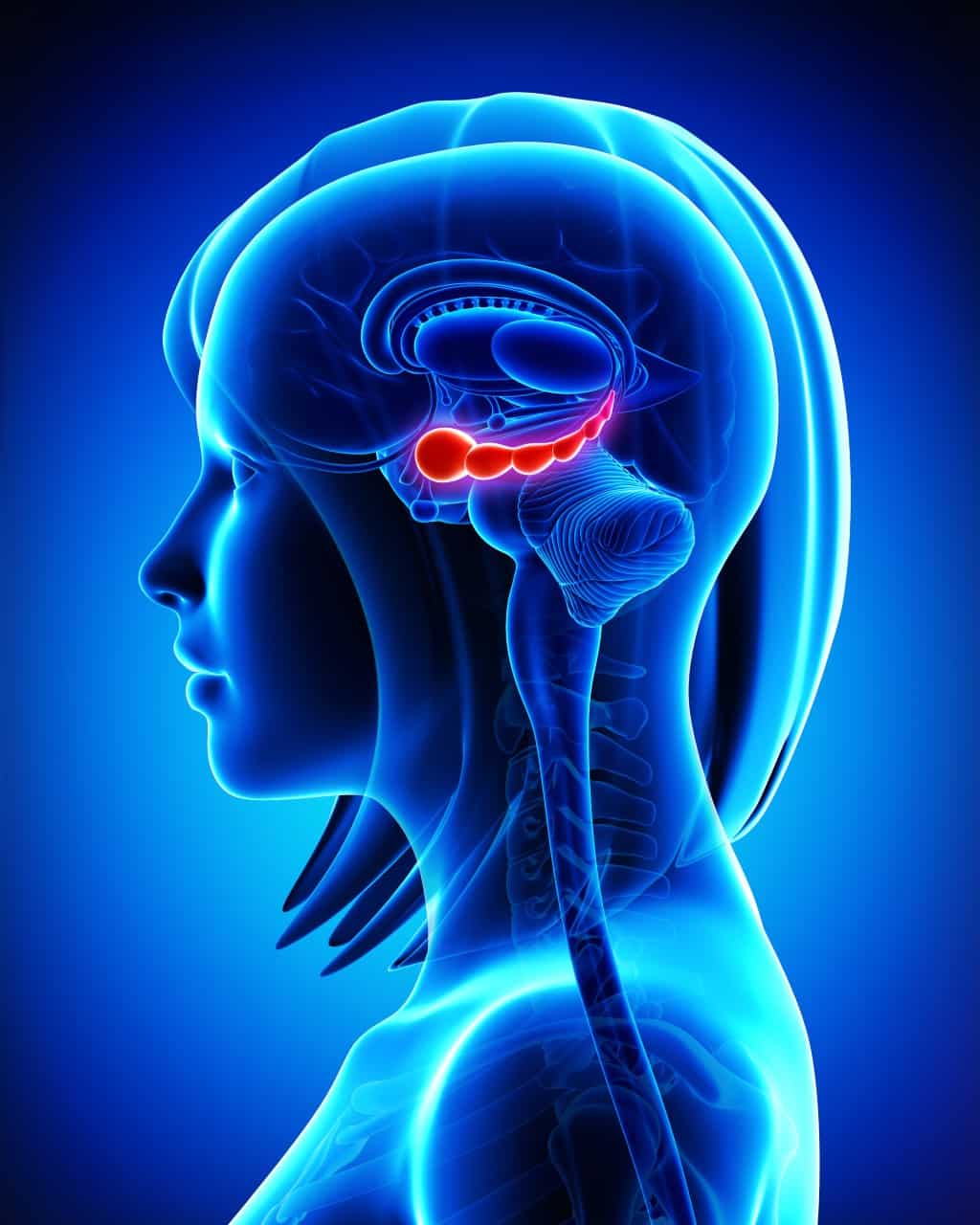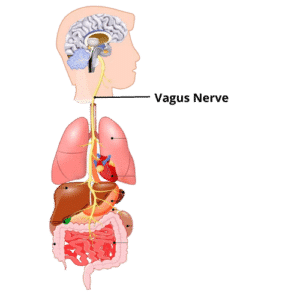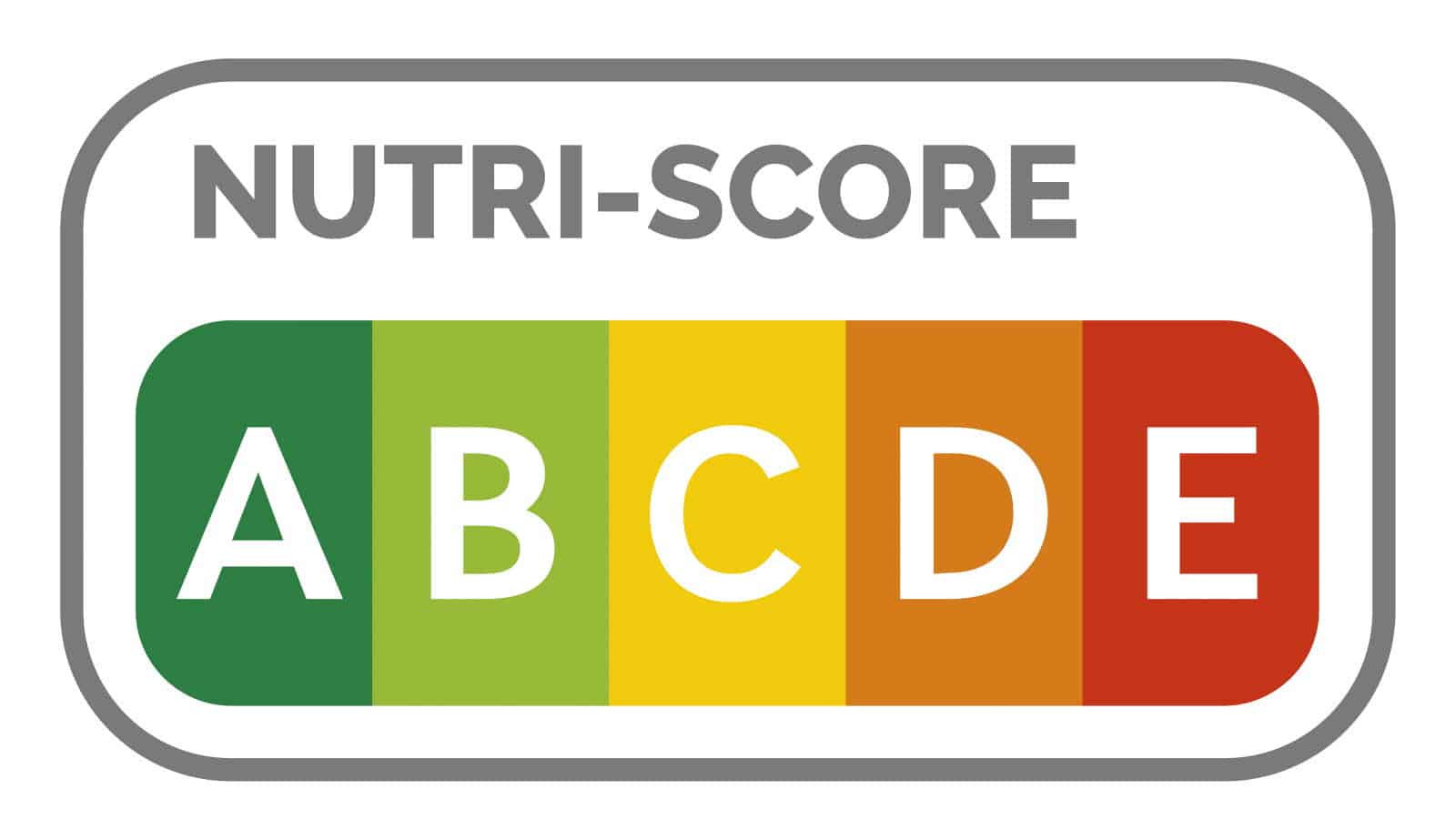According to the ARTE documentary by Raphaël HITIER “Nourishing your brain”,
Poor diet can have a detrimental effect on our physical and mental health. Eating too much fat or too much sugar could actually have a negative impact on our brains! Several studies have been conducted to this end.
Our memory impacted
In our brains, there is an area called the hippocampus, which performs vital functions. The hippocampus is in charge of our emotional and spatial memory. It allows the construction of memories and the storage of information. It is also thanks to the hippocampus that we can have a “sense of orientation”, that we are able to find our way around a city or find our way back home.
This region is therefore essential for the proper functioning of memory and learning.
However, it seems that our Western diet can alter it and even have an impact on its size!
In Australia, an experiment carried out on rats fed exclusively on processed food showed that they had difficulty remembering the presence of an object in a given space. Conversely, rats with a better diet behaved differently, remembering the object presented to them.
So why does this happen? What happens so that a diet that is too rich can have such an impact on our brain?

Inflammatory reaction and unbalanced immune system
Several studies (all on rodents) show that such a poor diet (too rich in sugar and saturated fat) activates our immune system. The immune system perceives junk food as a danger to the body and triggers an inflammatory response. The blood-brain barrier, which is supposed to protect the brain from newly-released inflammatory molecules, is also affected by this poor diet. It becomes ineffective, allowing these molecules to infiltrate the brain, damaging key areas such as the hippocampus. Neurons are also affected by this worrying phenomenon.
Microbiote impacté, comportement modifié

The immune system is not the only thing to react in our body. The gut microbiota also has a strong link with our diet. Located in our digestive system, our microbiota is made up of billions of microorganisms (yeasts, bacteria, etc.). Its balance is fundamental to our body’s ability to ensure good digestion, an effective immune defence system and functional metabolism.
However, a specific diet can lead to a change in the microbiota. For example, a high-fibre diet will promote the richness of the gut microbiota while a high-fat diet low in omega-3 will weaken it and cause certain types of bacteria to disappear.
This change in the microbiota can potentially disrupt our habits and guide our food choices.
An experiment carried out on flies proved that certain bacteria colonising their intestines were responsible for their food preferences. This is also the case for mammals.

Thus, the composition of our microbiota influences our decisions, and therefore our brain and our behaviour in general.
This is made possible by the communication between the brain and the intestine, established by the vagus nerve. If this nerve is cut, the effects of certain bacteria disappear.
This neuronal connection also makes it possible to establish a link between diet and emotional behaviour.
It would appear that a diet that is too high in fat and sugar can have a great influence on our mood and emotions. This is especially true in children. Observations of their behaviour reveal that those who eat large quantities of junk food are angry, sad, anxious, etc. This diet effectively creates deficiencies in our bodies which have repercussions on our neurons.
What about our thoughts?
Since a poor diet has repercussions on our memory and mood, perhaps our thoughts and logical reasoning are also affected.
It’s important to remember that our cognitive and concentration abilities come from the production of dopamine, a chemical molecule that enables messages to be transmitted between neurons. This molecule is itself produced by an amino acid, tyrosine. The more tyrosine in the blood, the more dopamine there is in our nervous system.
However, studies and blood tests have shown that the level of tyrosine in the blood changes according to our diet. This amino acid is particularly present in cheese, poultry, avocado, chocolate, bananas, etc. Eating these foods is thought to lead to greater production of dopamine, which can have an impact on our choices and behaviour.
In addition to the foods mentioned above, glucose also causes a reaction and overproduction of dopamine. Glucose is then also able to activate the reward circuit and the spiral of addiction.
Consumption of tyrosine-rich foods.
Increased production of dopamine.
Modified behaviours and logical reasoning.
Diet and addiction
There is indeed a brain area called the “reward circuit” linked to pleasure and emotion. This area is very sensitive to the consumption of sugar. Yet we can all see, at our own level, the extent to which sugar is present in our environment: desserts, soft drinks, all kinds of sweet treats, but also in processed foods that are often laden with glucose. Addiction then comes without warning.
The system is the same as that observed for drugs: if you consume too much of something that gives you pleasure, the reward circuit reacts less, so you have to increase the quantities to regain that pleasant sensation.
Studies in rats have shown that this mechanism is as strong for sugar as cocaine. Sugar therefore has an impact on our brain.
So what eating habits should you adopt?

A diet rich in omega-3 seems to be really important, especially in growing children and adolescents. Omega-3 effectively improves neuronal connections by incorporating into the membranes of neurons, making them more flexible.
The Mediterranean diet is therefore recommended for combating various illnesses, and also for a better mental balance. It is abundant in vegetable oil and fish, as well as fruits, vegetables and pulses. It is thus a source of fibre, polyphenols, vitamins and polyunsaturated fatty acids, including omega-3 and 6.


Dietary diversity is also one of the dietary recommendations. By not eating too much fat, abolishing sugar and eating a varied diet, we can keep our whole body healthy and optimise our brain capacity to the maximum.
Sources
Vazques Mairena, “Hippocampe, chef d’orchestre au plus profond de notre cerveau”, Cognifit.com. Consulté le 08.05.2022.
Béliveau Richard,“Malbouffe, une agression inflammatoire pour le corps”, in Le journal de Montréal, 4 juin 2018.
Hitier Raphaël, “Bien nourrir son cerveau”, Galaxie.
Thèse Djésia Arnone, “Influence de régimes hypercaloriques sur l’inflammation intestinale : rôle du microbiote intestinal et mécanismes physiopathologiques dans un contexte de maladies inflammatoires chroniques de l’intestin (MCI)”, Sciences pharmaceutiques, 2019.
Rigaud Nicolas, “Addiction au sucre : une réalité plutôt qu’un mythe”, Sciences&Santé (Paris), 2015, n°25, p.40-4.